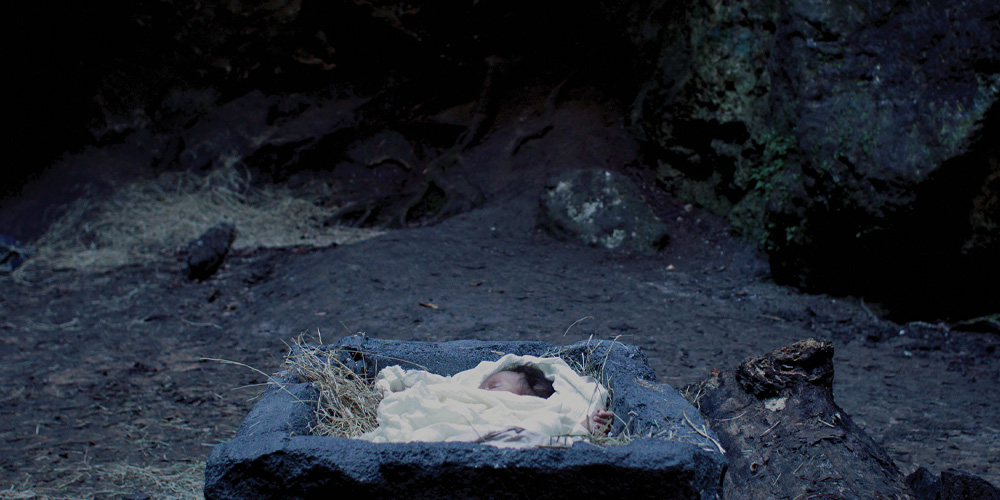 |
Jesus lived a real human life, subject to all the realities of the times in which he lived.
Somehow “Away in a feed trough, no crib for a bed” doesn’t have the same feel as “Away in a Manger,” does it?
When I grew up, I always pictured a manger as a wooden structure with lots of hay in it, a nice soft “bed” for baby Jesus. The reality is that the manger was most likely a hollowed-out stone container. Yes, it was a feed trough for the animals. Could there have been hay in it? Perhaps. Or perhaps not. Was the stone cold? It would seem likely! Was it comfortable? I doubt it!
Living a real human life
One of the beautiful truths of our salvation is that Jesus lived a real human life, subject to all the realities of the times in which he lived. At that time, for example, if a person wanted to travel, they most likely had to walk. Jesus would have done lots of walking as he traveled to the various places where he ministered. Can you imagine that Jesus stubbed his toes a few times or got some serious calluses on his feet? I’d guess so. Did Jesus slip on wet stone pavement or accidentally step in animal droppings or get winded as he climbed a particularly steep section of the road? It’s likely!
Here’s another example: In the land of Israel, water is precious. During the rainy season most of the land gets water regularly, but for about six months, there is generally no rain at all. People created huge cisterns in many parts of the land to collect water in order to get through the dry season. In some places they dug deep wells, and in other places Roman aqueducts brought water to major cities. In Nazareth there is a spring in the city. Is it likely that young Jesus made regular trips to the spring to fetch water? It’s very likely. No matter where a person was in the land at that time, finding water would have been an important consideration, perhaps even a challenging task. It would have been no different for Jesus.
Understanding every person’s challenges
We could list more examples, like having to live in a land with a challenging political situation, having to pay taxes (which were sometimes onerous), and having to work for food. And we rejoice in that! The book of Hebrews says that Jesus had to be made like us humans in every way, so that he could become a merciful and faithful high priest for us (see Hebrews 2:17). Jesus can plead our case to the Father because he’s one of us through and through—except that he’s without sin. He lived under the same realities that everyone else lived under at that time, as a real human being. And some of the things he lived through—particularly his suffering and death—were far more difficult than what most people experience.
Thank God! That means he can empathize with me no matter what challenge I’m facing! Am I facing physical pain? Jesus felt it. Am I having to work hard to earn my daily bread? Jesus understands. Does the political situation trouble me? Jesus endured an unjust execution. He gets you and me—through and through—because he was one of us.
Perhaps we’d say it all began when he was wrapped in cloths and placed in the feed trough.
“Away in a feed trough, no crib for a bed.” I guess it has a nice ring to it after all.
Author: Thomas D. Kock
Volume 108, Number 12
Issue: December 2021







